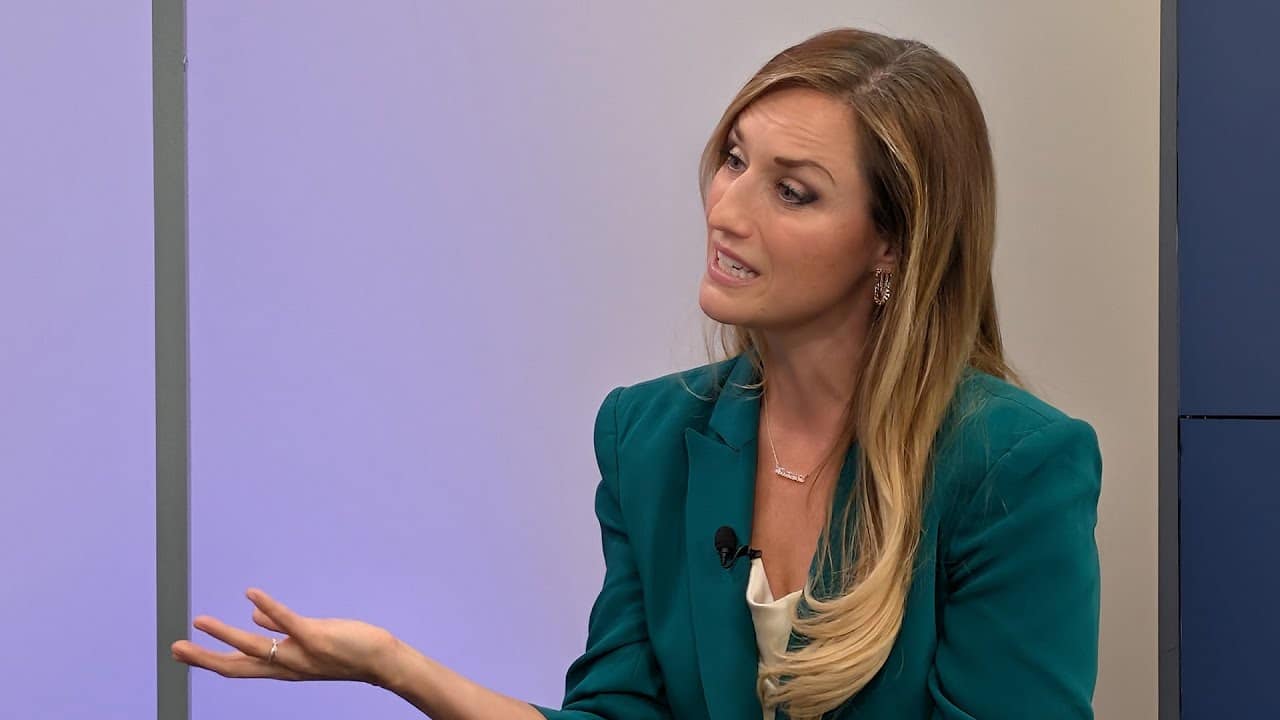Almost a third of employees in the U.S. think their employer lacks a sufficient commitment to Diversity, Equity, and Inclusion (DE&I), and there is a direct connection between lackluster DE&I efforts and employees who quit.
According to a new survey from the HR firm Buck, employees are less likely to be looking for a new job if they have a positive perception of their employer's commitment to DE&I. Among millennials, 60% expect an employer to show a commitment to DE&I, significantly higher than among older employees.
"Our findings show that DE&I is an important metric for employees, in addition to a comprehensive benefits plan, and support for holistic wellbeing for themselves and their dependents,” said Tom Kelly, co-author of Buck's 2022 Wellbeing and Voluntary Benefits Survey.
Key survey findings include:
- Interest in employers providing a strong commitment DE&I directly correlated with age: The younger the employee, the more likely they are to be interested in DE&I.
- 32% of employees said their company lacked diverse benefits for diverse populations; this was higher for Black employees (35%) and female employees (35%)
- There is a direct correlation between employees and their likelihood to want to leave the organization if they think diversity in cultures and backgrounds are not respected, their company is not committed to DE&I, or their company does not provide diverse offerings for a diverse workforce.
- With 54% of employees living paycheck-to-paycheck, financial wellbeing is a top priority for employees and differs by ethnicity; this is significantly higher for Black (66%), Hispanic or Latino (56%), and other/native Americans (60%) employees.
- Desire for expanded wellbeing resources also varies by ethnicity; Overall 72% of employees want more work/life balance resources; but the need for support is more prevalent among of Black (76%), Asian (78%) and Hispanic or Latino (78%) employees.
- 55% of millennials surveyed would change jobs for better benefits and wish they had a better understanding of their benefits compared to only 15% of baby boomers.
"The challenge for employers is to really understand the needs of the workforce, and then to develop a benefit package that includes appropriate voluntary options that meaningfully address their physical, emotional, social, and financial needs," said Ruth Hunt, a co-author of the report.
"The survey findings show that recruiting and retaining talent will be significantly more challenging if employers don't continue to take meaningful steps to offer benefits that support the diverse needs of a diverse workforce," Hunt said.




